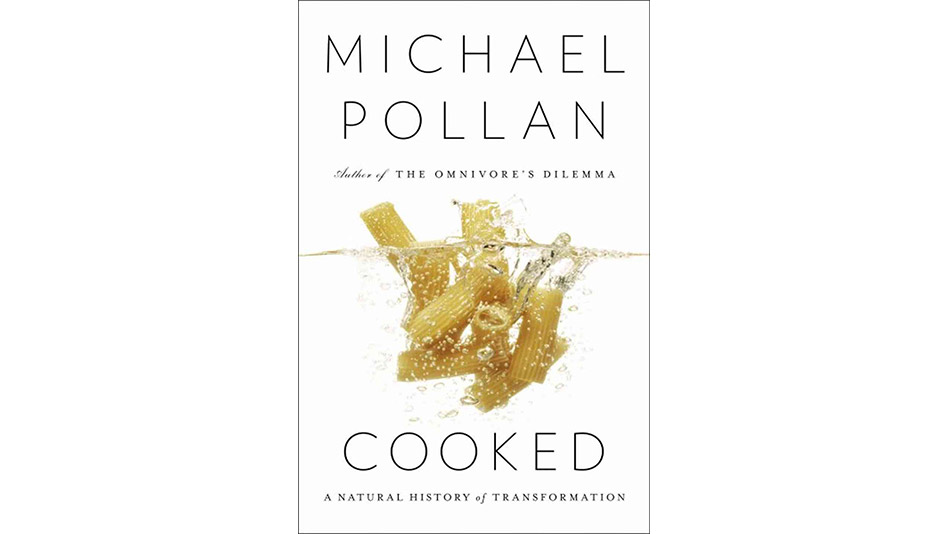
Why Cooking Is One of the Most Worthwhile Things You Can Do
These are no small benefits. Yet they have come at a cost that we are just now beginning to reckon. Industrial cooking has taken a substantial toll on our health and well-being. Corporations cook very differently from people do (which is why we usually call what they do "food processing" instead of cooking). They tend to use much more sugar, fat, and salt than people cooking for people do; they also deploy novel chemical ingredients seldom found in pantries in order to make their food last longer and look fresher than it really is. So it will come as no surprise that the decline in home cooking closely tracks the rise in obesity and all the chronic diseases linked to diet.
The rise of fast food and the decline in home cooking have also undermined the institution of the shared meal, by encouraging us to eat different things and to eat them on the run and often alone. Survey researchers tell us we're spending more time engaged in "secondary eating," as this more or less constant grazing on packaged foods is now called, and less time engaged in "primary eating"—a rather depressing term for the once-venerable institution known as the meal.
The shared meal is no small thing. It is a foundation of family life, the place where our children learn the art of conversation and acquire the habits of civilization: sharing, listening, taking turns, navigating differences, arguing without offending. What have been called the "cultural contradictions of capitalism"—its tendency to undermine the stabilizing social forms it depends on—are on vivid display today at the modern American dinner table, along with all the brightly colored packages that the food industry has managed to plant there.
These are, I know, large claims to make for the centrality of cooking (and not cooking) in our lives, and a caveat or two are in order. For most of us today, the choice is not nearly as blunt as I've framed it: that is, home cooking from scratch versus fast food prepared by corporations. Most of us occupy a place somewhere between those bright poles, a spot that is constantly shifting with the day of the week, the occasion, and our mood. Depending on the night, we might cook a meal from scratch, or we might go out or order in, or we might "sort of" cook. This last option involves availing ourselves of the various and very useful shortcuts that an industrial food economy offers: the package of spinach in the freezer, the can of wild salmon in the pantry, the box of store-bought ravioli from down the street or halfway around the world. What constitutes "cooking" takes place along a spectrum, as indeed it has for at least a century, when packaged foods first entered the kitchen and the definition of "scratch cooking" began to drift. (Thereby allowing me to regard my packaged ravioli with sage-butter sauce as a culinary achievement.) Most of us over the course of a week find ourselves all over that spectrum. What is new, however, is the great number of people now spending most nights at the far end of it, relying for the preponderance of their meals on an industry willing to do everything for them save the heating and the eating. "We've had a hundred years of packaged foods," a food-marketing consultant told me, "and now we're going to have a hundred years of packaged meals."
This is a problem—for the health of our bodies, our families, our communities, and our land, but also for our sense of how our eating connects us to the world. Our growing distance from any direct, physical engagement with the processes by which the raw stuff of nature gets transformed into a cooked meal is changing our understanding of what food is. Indeed, the idea that food has any connection to nature or human work or imagination is hard to credit when it arrives in a neat package, fully formed. Food becomes just another commodity, an abstraction. And as soon as that happens we become easy prey for corporations selling synthetic versions of the real thing—what I call edible foodlike substances. We end up trying to nourish ourselves on images.











